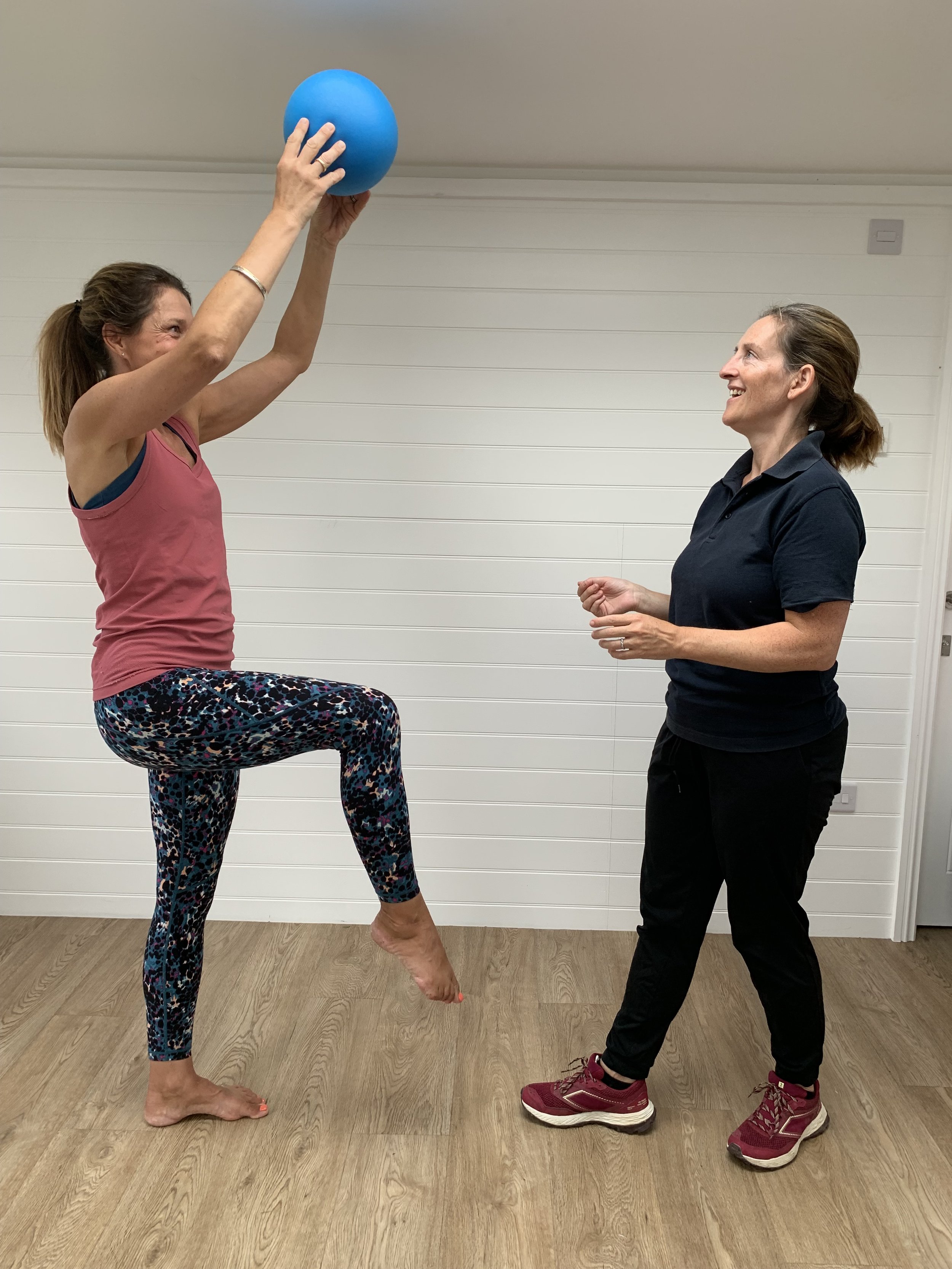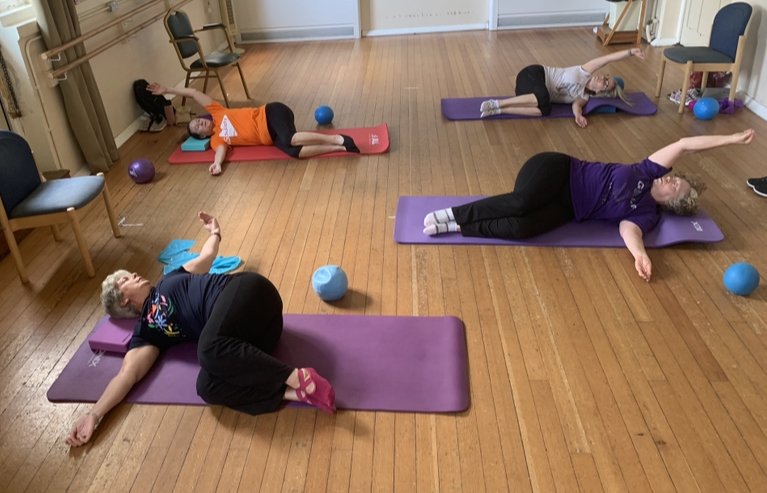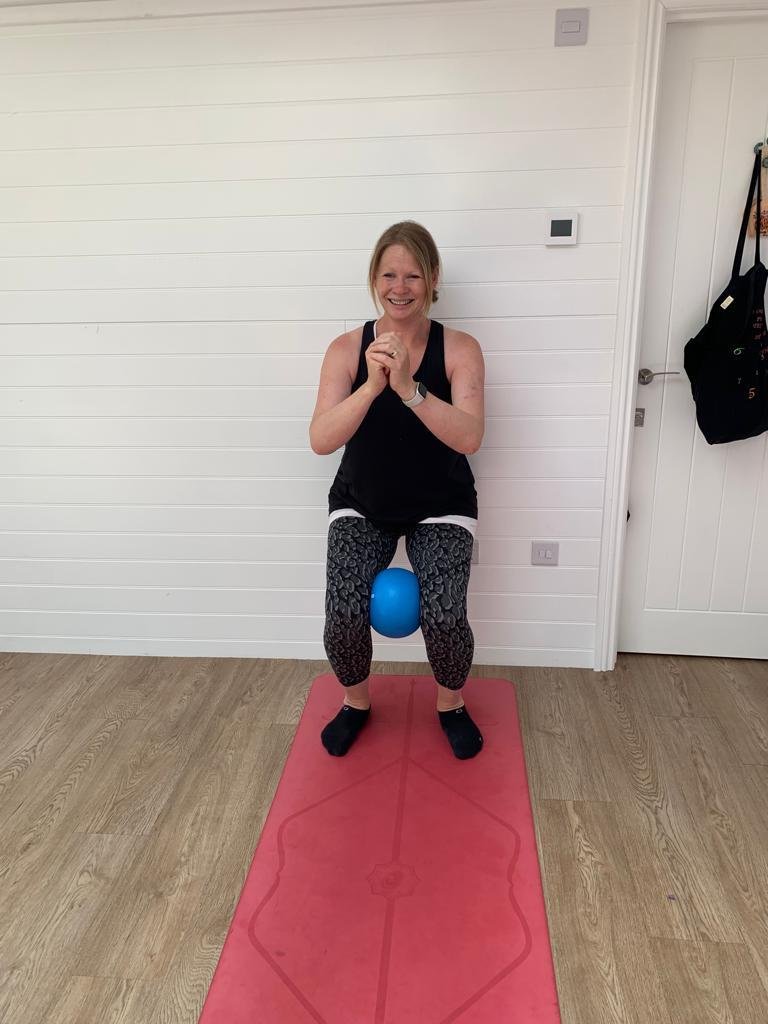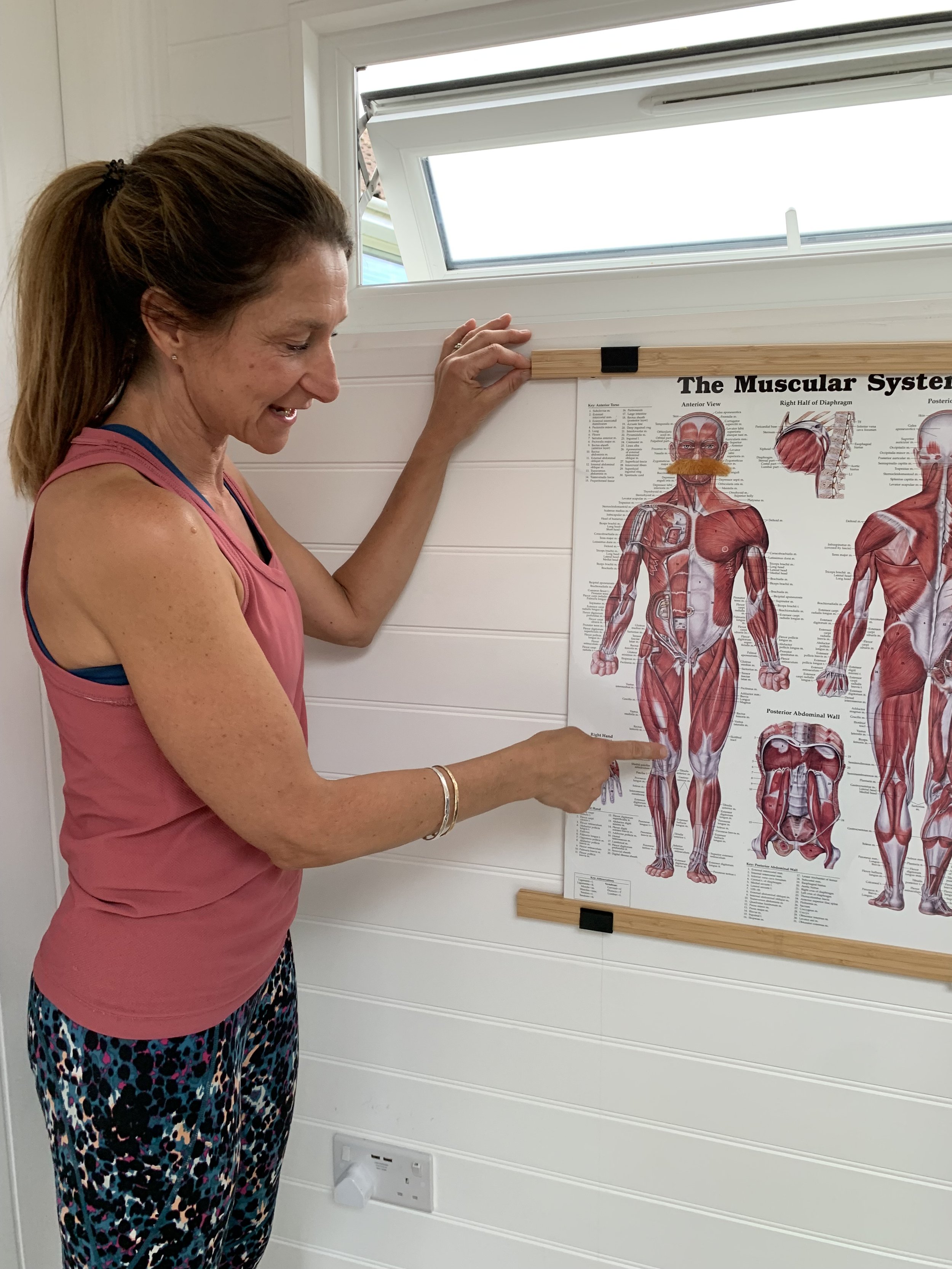Pilates & Neurological Conditions
How Pilates can help you…
Pilates has gained significant recognition over the past few decades as a highly effective exercise method for improving flexibility, strength, and overall wellbeing. While many people associate Pilates with toning their bodies and improving posture, there is a growing body of evidence to suggest that Pilates can also be an excellent tool for managing and even treating various neurological disorders.
This explains the potential benefits of Pilates for individuals with neurological disorders, the scientific research supporting its use, and practical tips for incorporating Pilates into a holistic treatment plan. By understanding the power of Pilates for neurological disorders, patients and practitioners alike can maximize the potential for healing and improved quality of life.
Katie runs small group classes specific to your condition and one to one sessions in our studio in West Sussex.
Pilates is a form of exercise that focuses on core strength, flexibility, and body awareness. While it is not a treatment for neurological conditions, it can be beneficial for individuals with such conditions in several ways:
Core Stability
Pilates exercises emphasise strengthening the core muscles, including the deep abdominal muscles and muscles around the spine. This improved core stability can help individuals with neurological conditions maintain better posture, balance, and overall body control.
Flexibility and Range of Motion
Pilates exercises involve controlled movements that promote flexibility and joint mobility. This can be particularly useful for individuals with neurological conditions that may cause muscle stiffness, spasticity, or limited range of motion.
Body Awareness and Motor Control
Pilates focuses on precise movements and encourages body awareness. This can be beneficial for individuals with neurological conditions, as it helps them develop a better connection between the mind and body, improving motor control and coordination.
Functional Strength
Pilates exercises target multiple muscle groups simultaneously, promoting overall strength and stability. This can enhance functional abilities and make daily activities easier for individuals with neurological conditions.
Mind-Body Connection
Pilates emphasises concentration, breathing techniques, and mindfulness. This holistic approach can help individuals with neurological conditions reduce stress, improve mental focus, and enhance overall wellbeing.
It's important to note that the benefits of Pilates with neurological conditions may vary from person to person. It is advisable to consult with either Nicky our physiotherapist or Katie our Pilates instructor who can tailor an exercise programme to your specific needs and abilities.

“Katie is truly an excellent teacher with great empathy, she understands each of us and the things we can and cannot do with regard to the variety of exercises we perform. Katie has a great understanding of our MS challenges and she strives to always learn more about the neurological effects we all suffer.
I absolutely love attending Katie’s Pilates classes, as well as being a great exercise to help with my MS it is also very sociable. I always leave in a happy and positive mood. I cannot praise Katie enough, she has made a huge impact on my life and I will carry on doing Pilates for as long as my body and my MS permits..”
— Anna Maria





